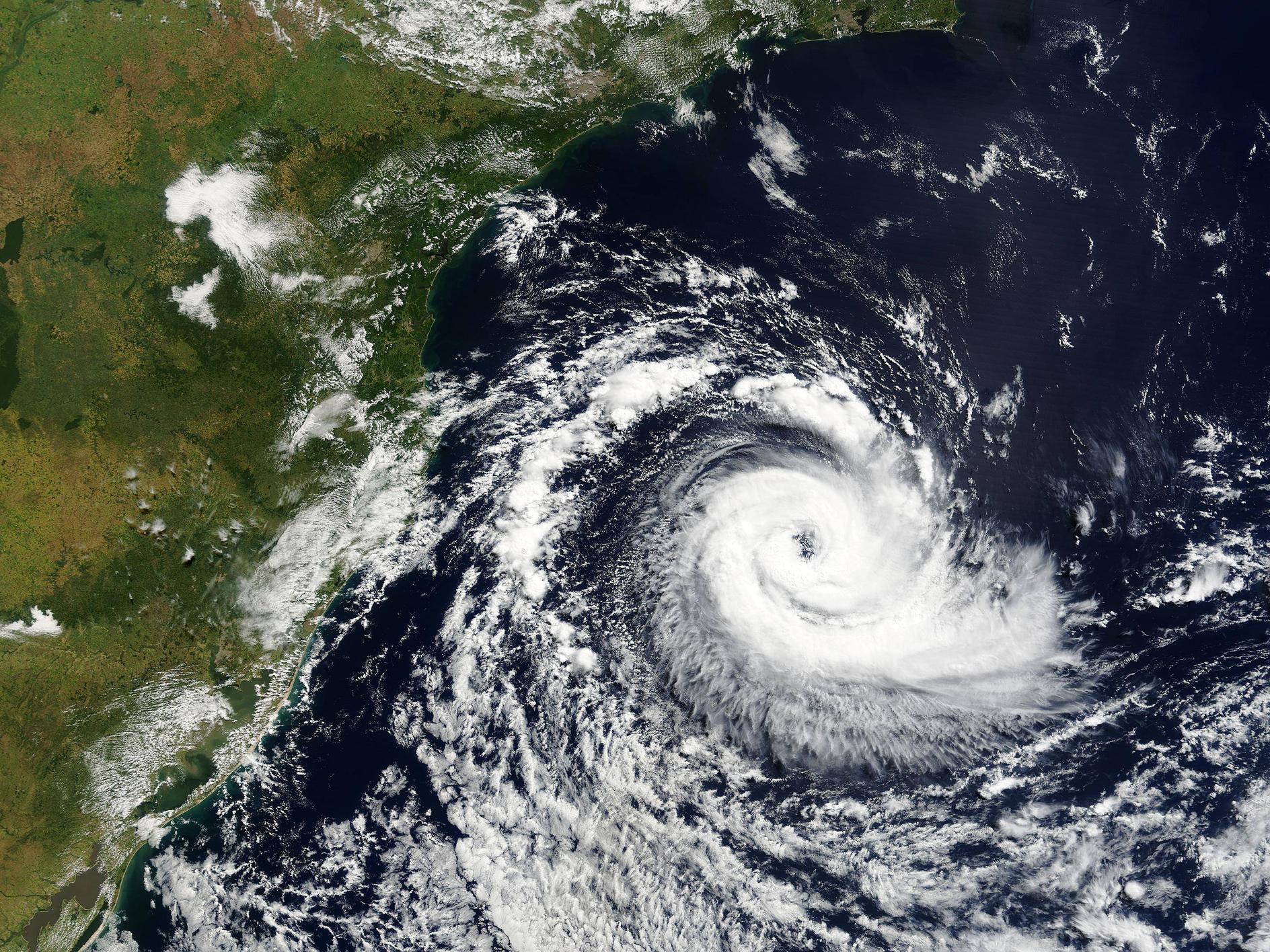There have been tropical storms and hurricanes in the south Atlantic, with, according to NOAA's webpage Subject: G6) Why doesn't the South Atlantic Ocean experience tropical cyclones?, with a hurricane forming in the south Atlantic making landfall in Brazil in 2004 and a strong tropical depression/weak tropical storm that formed off the coast of Congo in 1991 - but these are exceedingly rare.
The reason why these storms generally don't occur in the south Atlantic, according to the Penn State webpage Upper-level Lows as being:
There are two primary reasons why tropical cyclones are rare in the south Atlantic basin. First, vertical wind shear between 850 mb and 200 mb is typically greater than 10 meters per second (check out the long-term average of vertical wind shear between 850 mb and 200 mb). To make matters worse, westerly shear dominates over latitudes where tropical cyclones would be most likely to form. Second, easterly waves from Africa do not form south of the equator (the MLAEJ is a northern hemispheric singularity.
Further, from the NASA News page The Nameless Hurricane, they provide an extension to the explanation with
Vertical wind shears in the south Atlantic are too strong for hurricanes," Hood explains. Winds in the upper troposphere (about 10 km high) are 20+ mph faster than winds at the ocean surface. This difference, or shear, rips storms apart before they intensify too much
An article The first South Atlantic hurricane: Unprecedented blocking, low shear and climate change (Pezza and Simmonds, 2005) suggest that the implications of the southern hemisphere hurricane presents
evidence to suggest that Catarina could be linked to climate change in the SH circulation, and other possible future South Atlantic hurricanes could be more likely to occur under global warming conditions.
Catarina refers to the southern hemisphere hurricane
SH = Southern Hemisphere
edited to add an NASA Earth Observatory satellite image of the hurricane:
